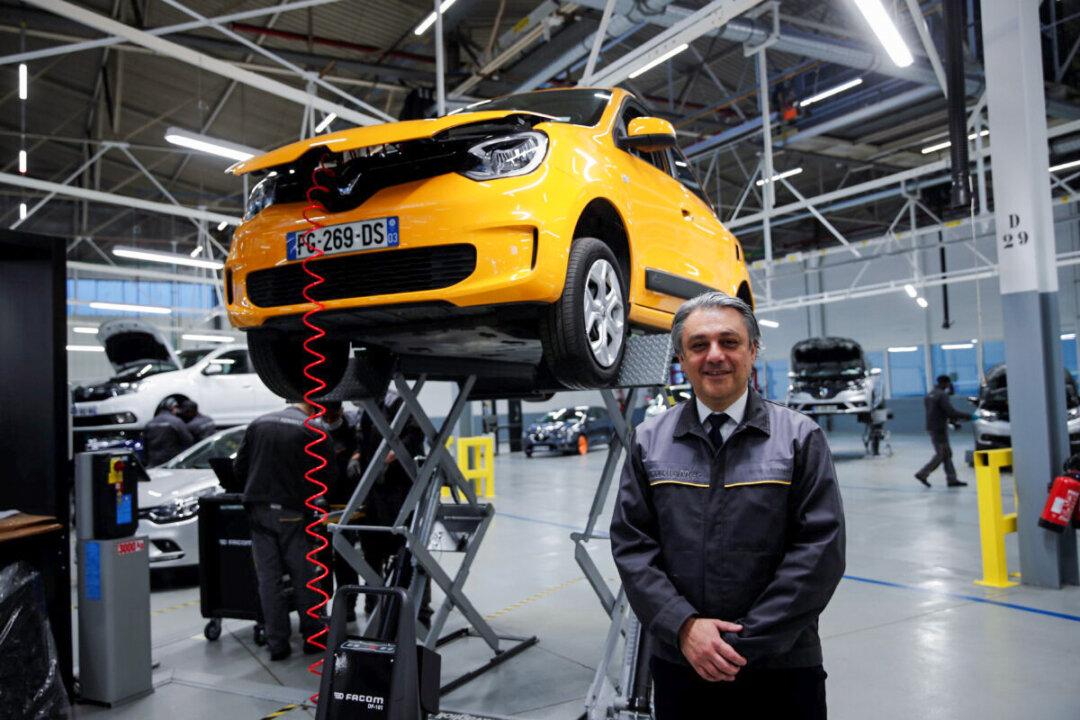French automaker Renault is concerned about the stability of its supply chains in Russia due to rising tensions between the country and Ukraine, which will have repercussions for the manufacturer’s production abilities if a conflict were to break out.
Renault’s Russian business AvtoVaz, which makes the Lada brand of cars, sources 20 percent of components necessary for making vehicles from other nations. If the Russia-Ukraine crisis worsens, two AvtoVaz factories will face difficulties in securing components.





